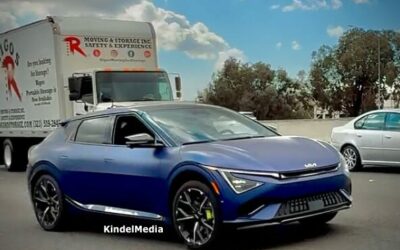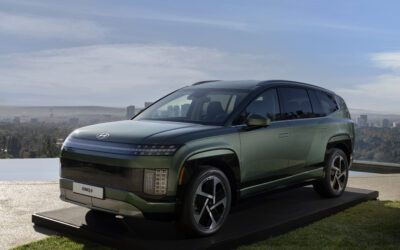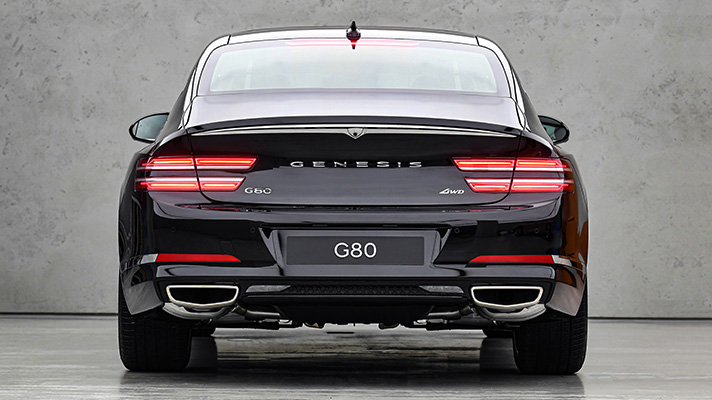
Will the Genesis brand finally make its European comeback? “That could happen in a couple of years’ time,” Hyundai Chief Marketing Officer Cho Won Hong told Automotive News Europe in July 2019. Now some executive signings could confirm closer start of operations.
[ads id=”9″]
Cho was well aware of the risks. “I know the European market is very difficult for new entrants such as Genesis,” he said. That is why he said Hyundai would try to “build greater awareness of the Genesis brand even before selling cars.” For example, Hyundai will build a Genesis experience center in a major European city “where people can get to understand what the brand is about,” Cho said.
Despite the positive spin, there were doubts that Genesis’ European debut is close. “If they don’t give specific plans, I wouldn’t be so sure the launch will actually happen,” JATO Dynamics analyst Felipe Munoz said. “Two years is a long time and many things can change.” But recently Genesis appointed former Aston Martin & Maserati Head of sales.
Genesis Motor Europe has named former Aston Martin and Maserati executive Enrique Lorenzana as its head of sales. The Korean brand has yet to confirm when it will launch in the region or what its initial model line-up will comprise. It was initially planning a roll-out in 2020, with the UK, Germany or Switzertland as key markets.
The appointment of Lorenzana gives some indication of the premium market Genesis will be aiming for in Europe. He most recently served as Aston Martin’s head of European sales, following a seven-year spell at Maserati. The Spaniard has also previously worked at Audi and fellow Hyundai-owned brand Kia.
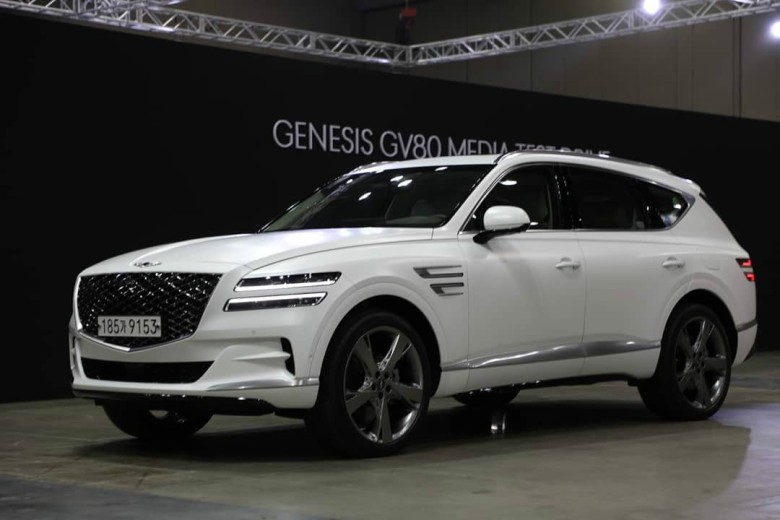
[ads id=”8″]
Genesis boss William Lee said Lorenzana’s appointment “shows that Genesis is strongly committed to Europe and its automotive luxury market”.
Initially there were two huge hurdles for Hyundai’s premium brand. First, Genesis had a sedan-heavy portfolio and no crossovers, which now its fixed with the GV80 and later this year with the GV70. Europe is a market where SUVs are hot-sellers and large sedans struggle to find buyers.
Three years ago Hyundai Europe Chief Operating Officer Thomas Schmid said Genesis’s European launch would be postponed because the brand lacked SUVs and suitable engines, specifically diesels. These issues are being addressed.
The second hurdle is the nature and structure of the European premium market, which is very crowded and dominated by the German automakers. “Any new brand will have a very tough time cracking it,” JATO’s Munoz said.
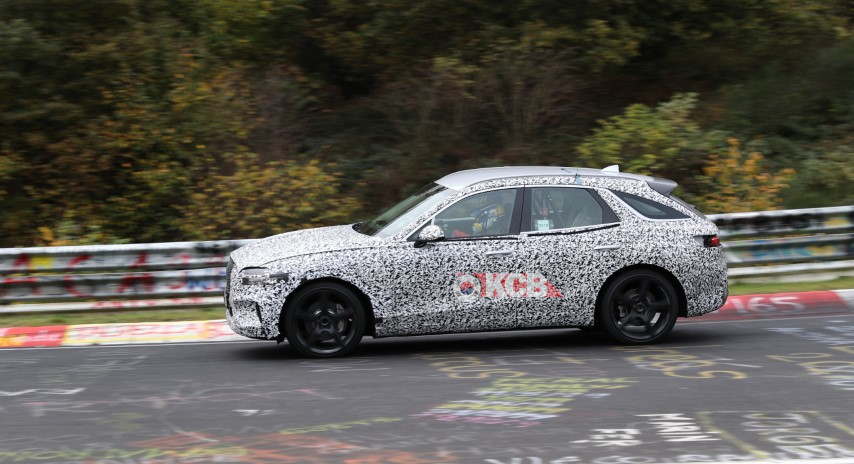
[ads id=”8″]
Many automakers that have tried to take a share of Europe’s growing premium market have failed or are struggling. Nissan premium brand Infiniti spent more than a decade fighting for a foothold in Europe, but collapsing sales forced Infiniti to announce in 2019 it would stop sales in Western Europe to concentrate on U.S. and China.
Toyota’s premium brand Lexus has been competing in Europe for two decades but remains a small player in the segment. Honda was wise to decide against bringing its Acura premium brand to Europe.
It is not just Asian premium brands that have struggled to build up a presence in Europe. Fiat Chrysler Automobiles’ Maserati and Alfa Romeo brands and PSA Group’s DS Automobiles have had a tough time gaining traction.
There is one way a premium newcomer could jump ahead of the competition in Europe: by debuting something its rivals lack. “If you want to make a dent in the German domination, you have to offer something different, especially from a technological point of view,” JATO’s Munoz said. He pointed to the recent success of Tesla’s full-electric cars in Europe as an example.

